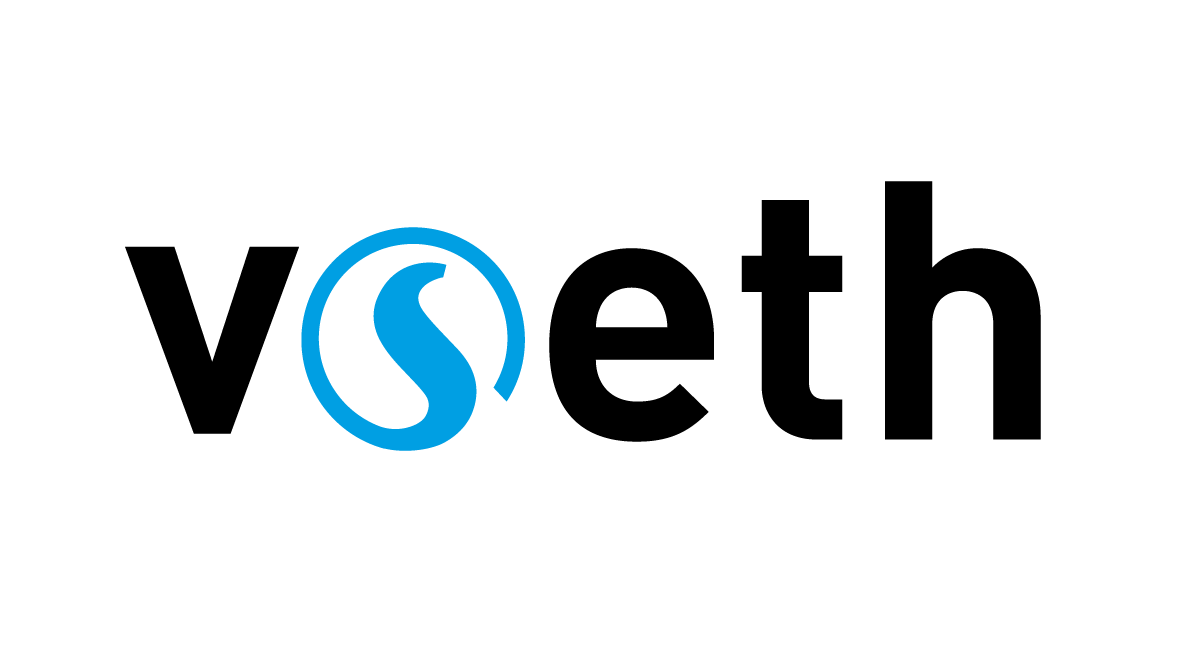About Us
Our Charter

Curious about our values and wondering if you would be a good fit for SSC? We encourage you to read our Committee’s charter! If you have any questions, please don’t hesitate to reach out.


We aspire to be the first point of contact for students interested in sustainability at ETH. We want to:


social responsibility — as a leading institution of higher learning, ETH Zurich has a social responsibility to be a support and encouragement to take on leadership roles. Encouraging students to take the lead on projects, campaigns, or events can help to empower them and give them the confidence to make a difference.
connect students with resources and opportunities — There are many ways that students can get involved in addressing the climate crisis. Providing them with access to resources and opportunities to get involved can help to make it easier for them to take action.
support — Students may face challenges and setbacks as they work to address the climate crisis. We offer to support them and offer guidance and encouragement along the way. This can help to keep them motivated and focused on their goals.
Some of the key reasons include:
environmental impact — the climate crisis is one of the most pressing issues facing the world today, and universities have a responsibility to minimize their environmental impact and contribute to the transition to a more sustainable future. By reducing its carbon footprint and adopting more sustainable practices, ETH Zurich can play a leading role in addressing the climate crisis.


social responsibility — as a leading institution of higher learning, ETH Zurich has a social responsibility to be a model for sustainability and to educate the next generation of leaders about the importance of sustainability.
attracting top talent — in today’s competitive job market, many students and researchers are looking for institutions that prioritize sustainability. By demonstrating its commitment to sustainability, ETH Zurich can attract top talent and build a strong reputation as a leader in sustainability.
Our values
As a student committee, we value:
inclusion — we value and respect diversity, prohibit any type of discrimination, encourage open communication and dialogue. All members should feel comfortable expressing their thoughts and ideas, and diversity of perspective is seen as a strength.
students — we do not pursue projects that are not in the students’ best interest. Each of our various University Development projects are led by a Representative, elected by the VSETH Members’ Council, who represents


VSETH’s (and thus students’) interests in ETH committees or foundations.
cooperation — we work hand-in-hand with ETH and VSETH, in a constructive (not conflictive) manner. This is how we’ve made most progress in the past, and cooperation is generally seen as a more effective approach to addressing the climate crisis than conflict. There are a few reasons for this:
1) conflict and disagreement can hinder progress and make it more difficult to achieve the necessary policy changes and reductions in greenhouse gas emissions
2) cooperation allows for the sharing of resources and expertise, which can help to accelerate progress towards sustainability. By working together, we can leverage our strengths and expertise to come up with solutions and achieve common goals
3) cooperation can also help to build trust and goodwill between different entities, which can be essential for achieving long-term solutions to the climate crisis. That being said, conflict can sometimes be a necessary part of the process of achieving change. For example, grassroots activism and civil disobedience can be important tools for raising awareness and pressing for change. There are many groups that focus on grassroots activism and civil disobedience, so if this is what you want to do, we can point you in the right direction!

Contact
- info@ssc.ethz.ch for general inquiries
- events@ssc.ethz.ch to reach our Events team
- development@ssc.ethz.ch to reach our University Development team
- communication@ssc.ethz.ch to reach our Communication team
- outreach@ssc.ethz.ch to reach our Outreach team


